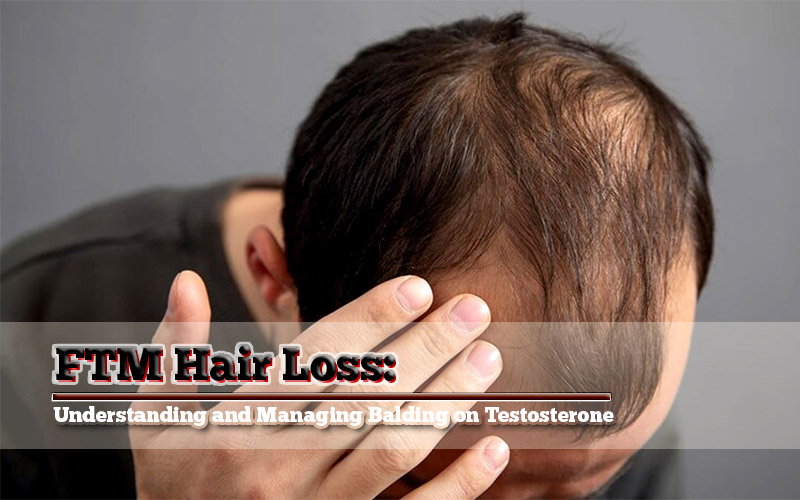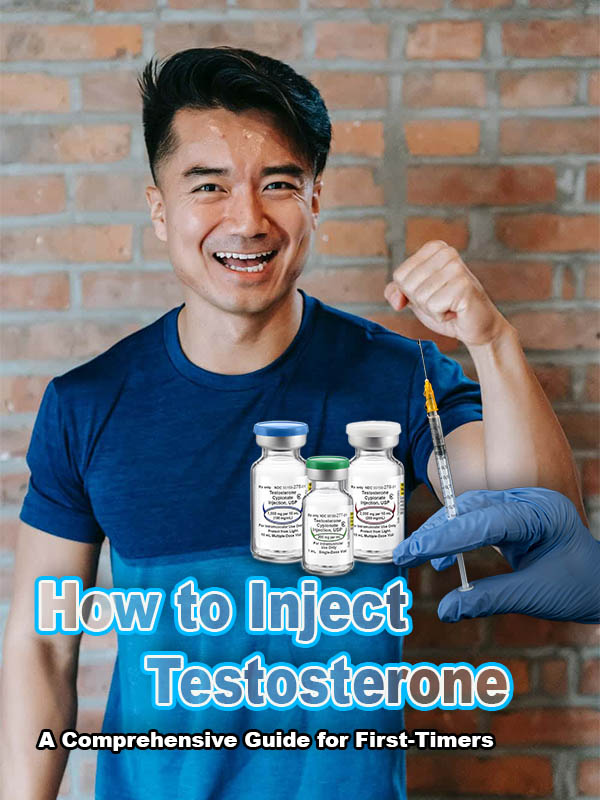The Ultimate Guide to FTM Testosterone: Benefits, Risks, and FAQs
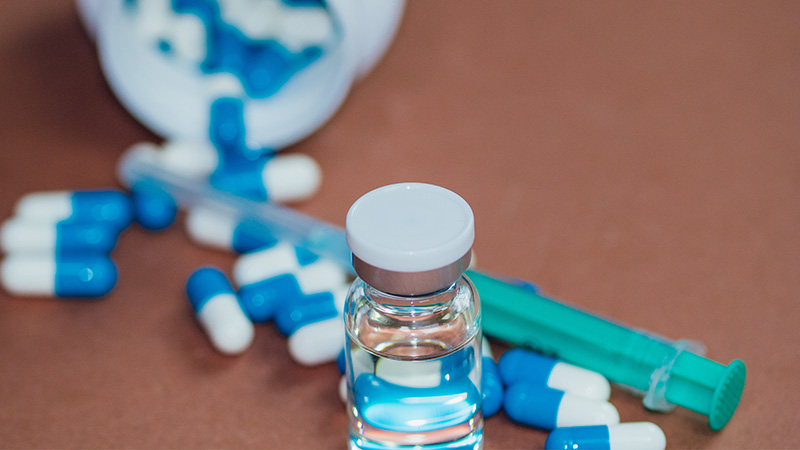
Non-binary individuals and transgender men mostly use FTM testosterone therapy to enhance their physical appearance. The FTM testosterone therapy ensures you match your physical features with your gender identity.
This article is a guide to FTM testosterone, which will provide you with what you need to know about testosterone therapy, administration and dosage. It will also highlight the benefits, risks, and the FAQs.
What is Testosterone Therapy?
Testosterone therapy involves using the male hormone testosterone to reduce the ovaries’ capacity to produce estrogen and stop menstrual cycles.
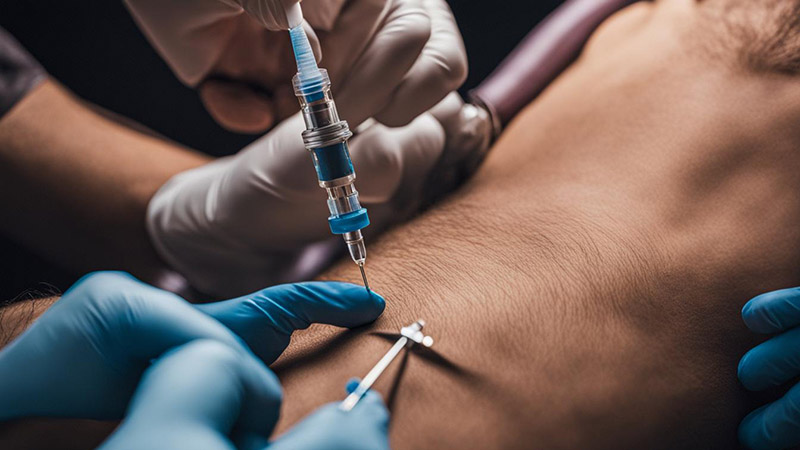
In the medical field, the application of testosterone therapy includes the treatment for several conditions and gender reassignment for transmen. These hormones’ main job in an FTM person is to make their voice deeper and grow muscle. They also cause facial and body hair to grow.
Types of testosterone used in therapy
Testosterone used in therapy comes in different forms and types.
● Injectable Testosterone
It comes in different versions, such as testosterone cypionate, testosterone undecanoate and testosterone enanthate.
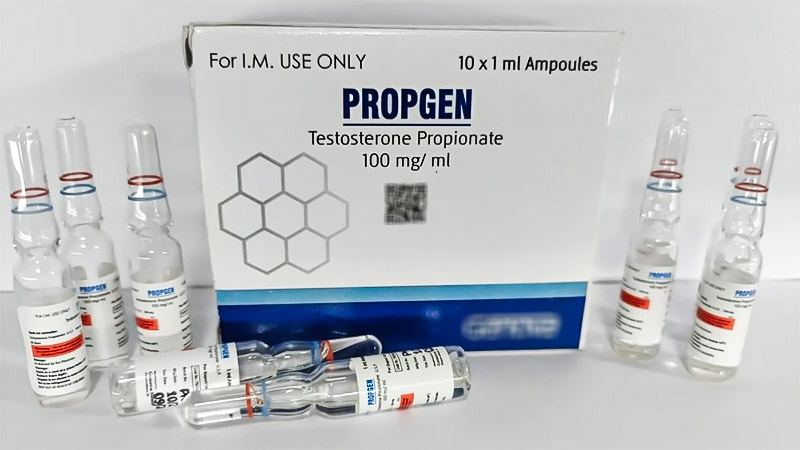
● Topical gels and patches
Testosterone gel called AndroGel and Testim are used with the same frequency, applied and rubbed on the shoulder or upper arm; hence diffuses into the bloodstream steadily.
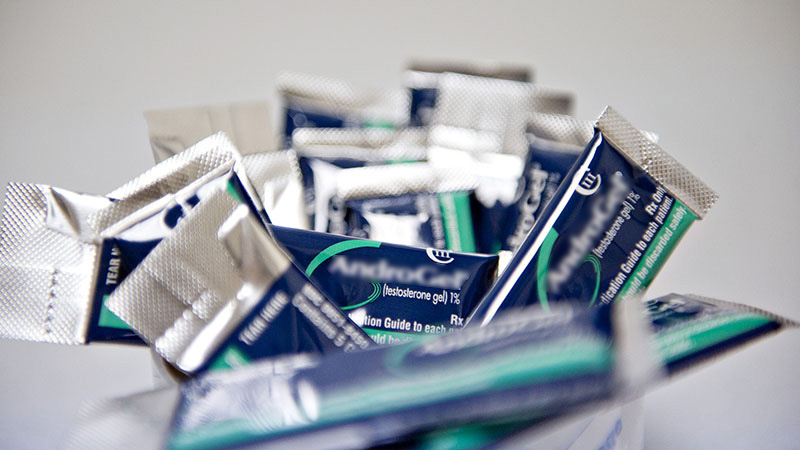
● Oral options
The specific forms of oral testosterone are in tablets and pills. The most common oral testosterone available include Tlando, Kyzatrex and Jatenzo.
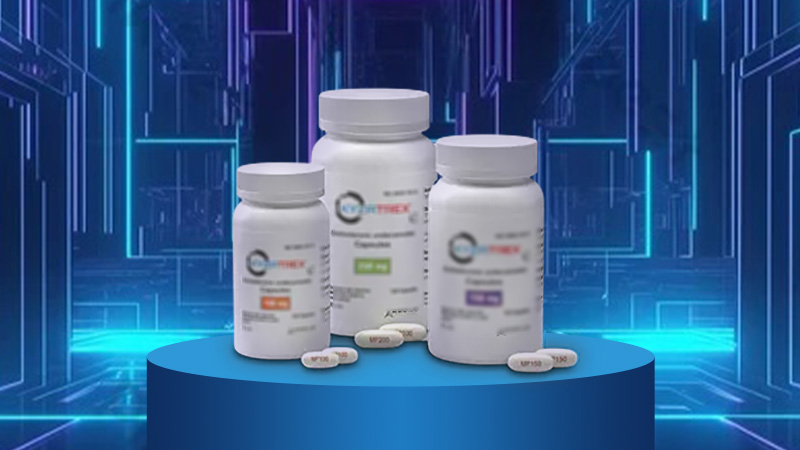
When testosterone therapy is not recommended
This includes:
● Pre-existing health conditions
FTM individuals with severe heart disease, diabetes, which is not controlled, and those who have prostate or breast cancer should not use testosterone therapy.
● Mental health considerations
Depression and anxiety that are severe and have not been treated may be aggravated by hormonal changes caused by testosterone therapy.

● Other contraindications
Experts found that testosterone therapy can harm a fetus. This is the case if the FTM individual using it is pregnant. Having allergies to one of the parts of testosterone can rule out treatment with it.
Benefits of Testosterone Therapy
These benefits include:
Physical changes
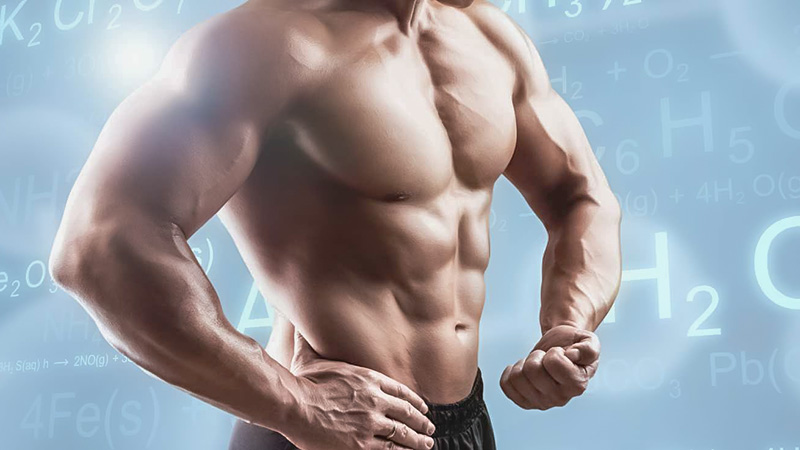
You will experience physical changes such as:
● Voice deepening
You will notice changes in your voice such that it will begin to deepen in the first few months of therapy.
● Facial and body hair growth
Facial and body hair growth is slower, but this typically occurs in the first year of the therapy.
● Increased Muscle Mass and Strength
Using testosterone therapy enhances muscle build-up and strength and, at the same time, decreases body fat.
● Redistribution of body fat
Testosterone has been proven to reduce hip and thigh fat and, at the same time, increase abdominal fat.
Psychological benefits

Testosterone therapy also has several psychological benefits, such as:
● Improved mood and decreased anxiety
This is achieved especially when you start noticing the few changes in your body that increase your self-esteem and give you confidence.
● Enhanced confidence and well-being
Testosterone therapy could help enhance self-esteem by subsequently developing muscularity, vocal pitch and facial and body hair.
Social benefits

The changes that come with the testosterone treatment can impact how you positively see yourself and your surroundings. These benefits include:
● Better alignment with gender identity
There is social acceptability and less complicated relations between people when their outer packaging is in harmony with the inner self.
● Positive impact on social interactions
It is psychologically proven that you are more likely to get engaged in social activities and develop better relationships when you feel healthier.
Starting Testosterone Therapy
These procedures are:
Initial assessments and evaluations
This process is done to ensure that your body and mind are ready for the process.
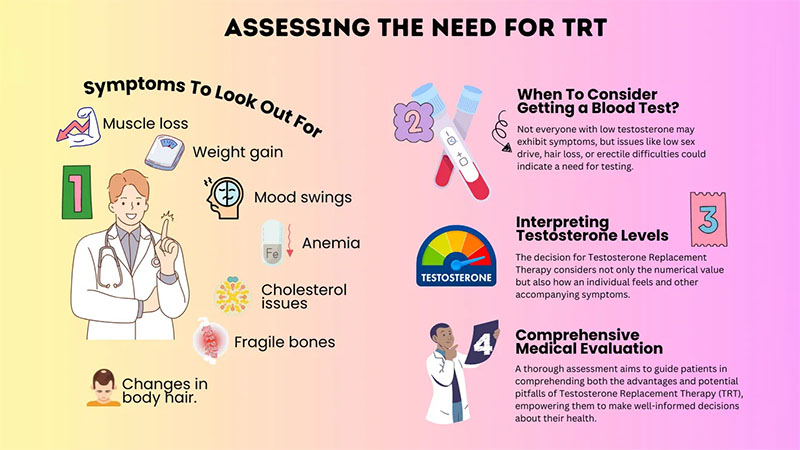
● Physical health checkup
A physical health checkup is a review of the ability of your organs, such as the heart and liver, among other aspects, before the start of the hormone therapy.
● Mental health evaluation
The process helps identify any mental issues you may have and ways to treat them before the process.
● Baseline Blood Tests
Blood tests are also taken at the start of the assessment as a part of the endocrine and general health screening.
Preparing for Therapy
The next step will be to prepare for therapy.
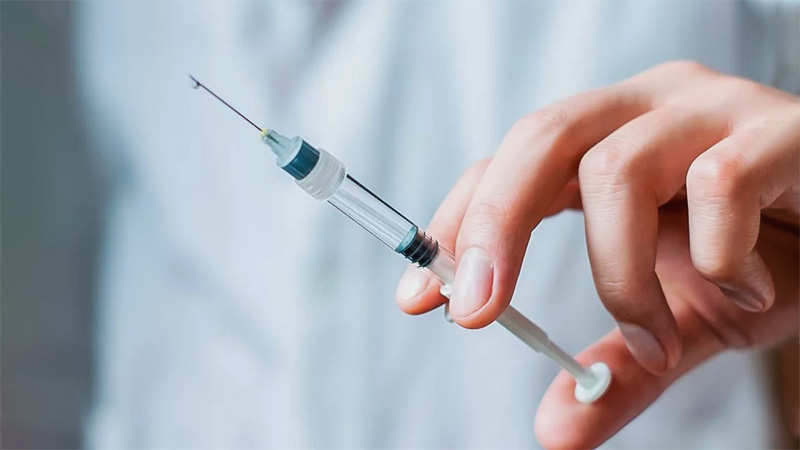
● Understanding potential changes
You need to understand that while transitioning, you may experience different changes depending on how your body adapts to the changes.
● Setting realistic expectations
This controls the feeling of disappointment for a positive attitude during change by putting realistic expectations.
● Informed consent process
Informed consent refers to a decision-making process that involves a talk with a doctor or a nurse of the dangers, advantages, and choices.
Administration and Dosage
The amounts of testosterone which should be administered and the frequency are key factors in hormone therapy.
Methods of administration
There are different methods of testosterone administration.
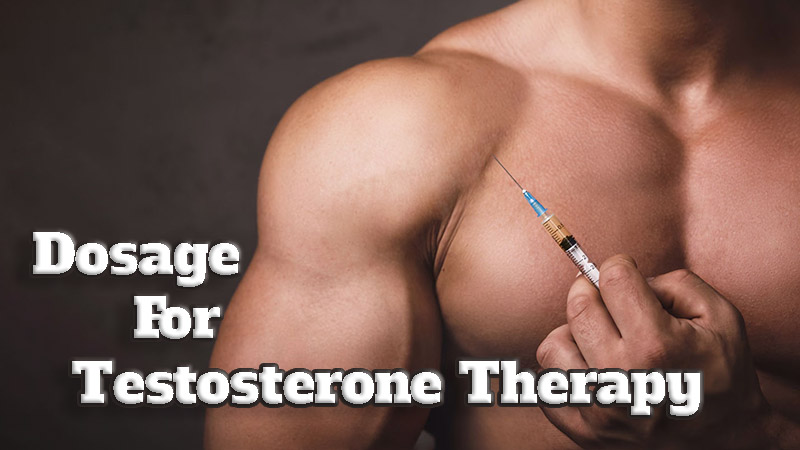
● Injections
Although effective, intramuscular injections are less preferred due to the fact that the subordinate skin injection is less unpleasant and effortless in self-administration.
● Topical applications
You should apply a generous amount on clean and dry arm and shoulder areas as prescribed by your doctor.
● Oral testosterone
Ensure to take the medication as prescribed by your doctor since different patients have different prescriptions.
Determining the right dosage
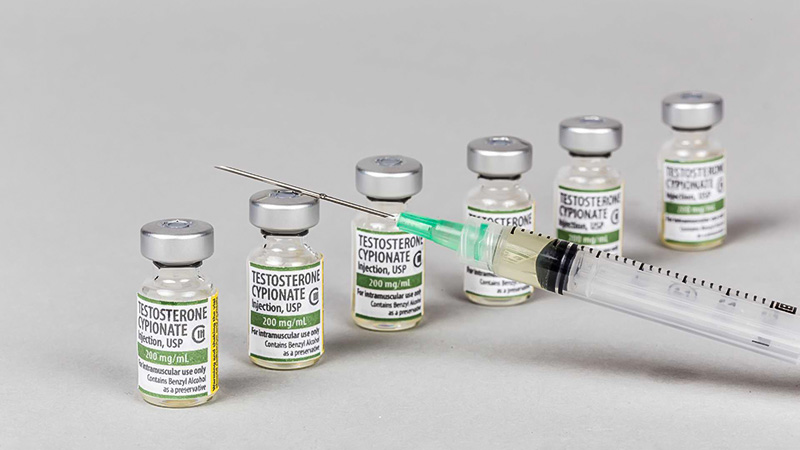
Determination of the testosterone dose depends on aspects such as:
● Factors Influencing Dosage
The dose should be calculated according to the age, the weight, the initial level of hormones and the condition of the patient.
● Adjustments over time
Optimization of the dosage may be necessary due to the alterations in the therapy response as well as the blood test results.
Monitoring progress
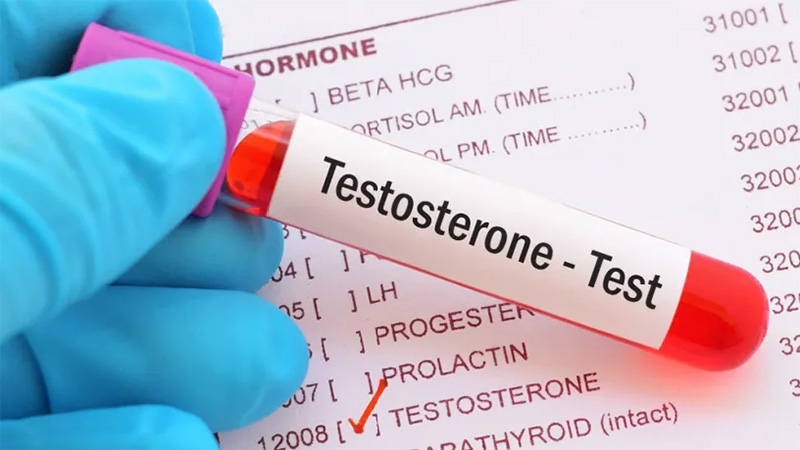
These include:
● Regular checkups
Frequent doctor appointments are required for developmental evaluation and management of any problems.
● Blood tests to track hormone levels
A blood test is carried out routinely to monitor testosterone as well as other aspects of Health.
Potential Side Effects and Risks
Replacing testosterone has risks and side effects, just like any other medication.
Common side effects
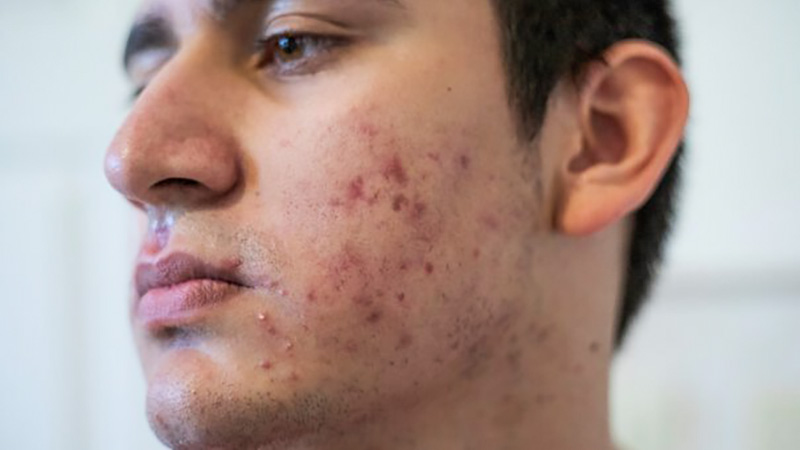
Common side effects are:
● Acne
What you can see in the first few months of medication is acne resulting from increased production of oil.
● Increased red blood cell count
Testosterone boosts the synthesis of red blood cells, which makes the blood thick; hence, it may clot if not regulated.
● Changes in cholesterol levels
Other side effects include a rise in cholesterol, which would be bad for the heart and lead to more cases of heart disease due to the influence of testosterone.
Long-term risks

You may also experience issues related to long-term testosterone therapy, such as:
● Cardiovascular Issues
You may experience cardiovascular issues such as acute kidney injury, pulmonary embolism and atrial fibrillation.
● Liver Health
It’s possible to have malignant, intrahepatic cholestasis, hepatotoxicity, hepatic failure and benign liver disease.
● Bone density considerations
This is due to the fact that long-term usage of testosterone may harm bone density and thus requires constant checkups.
Managing side effects

You can minimize the testosterone therapy adverse effects.
● Preventive measures
Cholesterol and acne could be controlled through proper exercise, taking balanced diets and drinking water regularly.
● When to seek medical advice
When severe side effects and incidences occur, you should seek medical help and advice.
Hormone Therapy and Overall Health
Comprehensive health leads to the improvement of testosterone replacement therapy.
Importance of a balanced lifestyle
It would help if you had a balanced lifestyle to gain the full benefits of testosterone therapy.

● Diet and nutrition
Good nutrition provides a healthy body. For instance, protein is used in the building of muscles, and vitamins as well as minerals are drawn from a balanced diet.
● Exercise and fitness
Exercise such as weight lifting and cardio prevents overweight, helps to build muscles and improves your mood well.
Mental health support

Mental health care support include:
● Counseling and therapy
Some concerns associated with the transition are emotional or psychological, which are managed under continued counseling.
● Support groups and community resources
It would help if you had support from family members, friends and community support groups such as the gender spectrum and the Trevor Project.
Resources and Support
It’s essential to look for resources and support during the transition period.
Medical and Health Resources
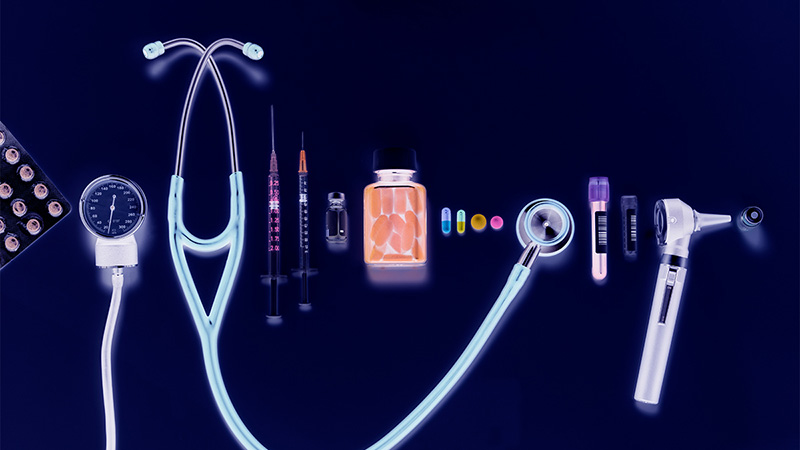
Some of the medical and Health resources include:
● UCSF Transgender Care
Trans health- an extensive health guide for transgender individuals.
● Mayo Clinic speaks about testosterone treatment and male Health.
● Cleveland Clinic
Explains the change of hormonal balance with hormone therapy and the possible risk factors and benefits.
Online communities and support groups
A support group or a community on social media can also help you through the process.

● Gender Confirmation Center
The Gender Confirmation Centre focuses on gender-confirming surgeries and assists transgender individuals with knowledge of the transition process.
● Healthline and Medical News Today articles
The article reviews Health and hormone therapy among transgender people from Healthline and Medical News Today.
Conclusion
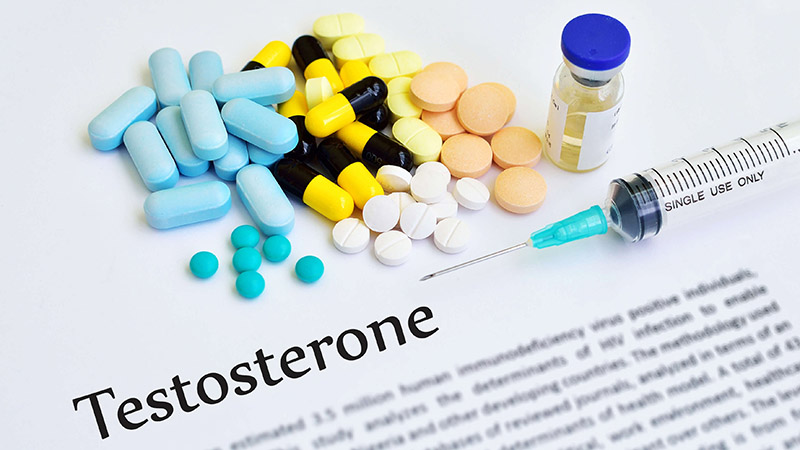
FTM testosterone helps to affirm your gender. The medical, psychological, and social aspects assist you in being able to align your body with your gender identity. But, you should be aware of the threats and undesired outcomes of the therapy.
You should also look for assistance and help to encourage and motivate your journey. It is okay for you not to see the changes immediately, as people’s processes and bodies are unique. However, it would help if you remained consistent.
Frequently Asked Questions (FAQs)
The most asked questions are:
● How long does it take to see changes?
Changes vary in timing. Voice deepening begins in months, while facial hair growth was observed to take a whole year.
● Can I stop testosterone therapy if I change my mind?
You can discontinue testosterone therapy at any time you want or as recommended by your doctor.
● What if I miss a dose?
If you remember, take the amount of the missed doses. If your next dose is approaching, do not take a missing dose; rather, go ahead with the normally scheduled doses.
● Will testosterone therapy affect my fertility?
Depending on your body, you may experience some fertility issues. Hence, it’s advisable to discuss your fertility with your doctor.
● Are there alternatives to testosterone therapy?
Other alternative methods may include aromatase inhibitors, human chorionic gonadotropin and selective estrogen receptor modulators.

 Basic Packers
Basic Packers Pack & Play
Pack & Play STP
STP